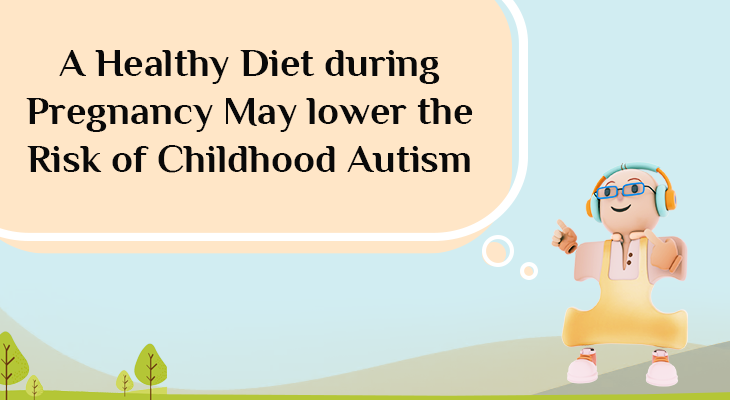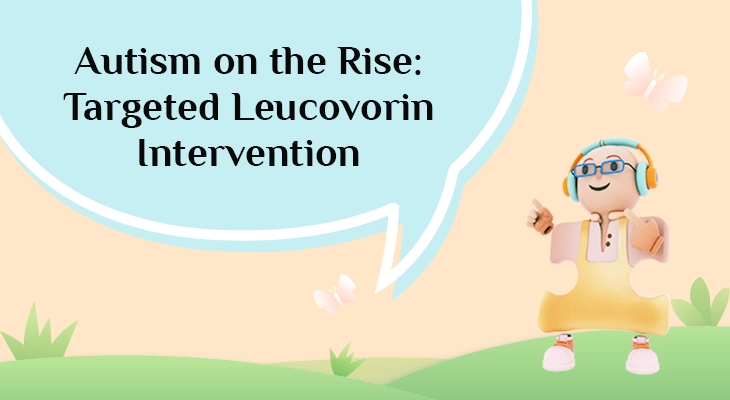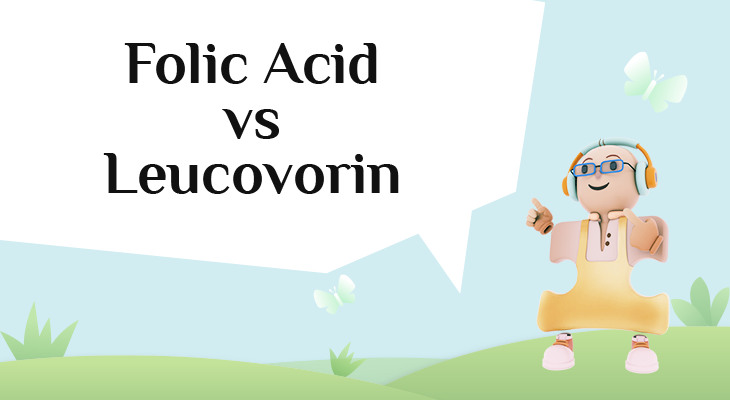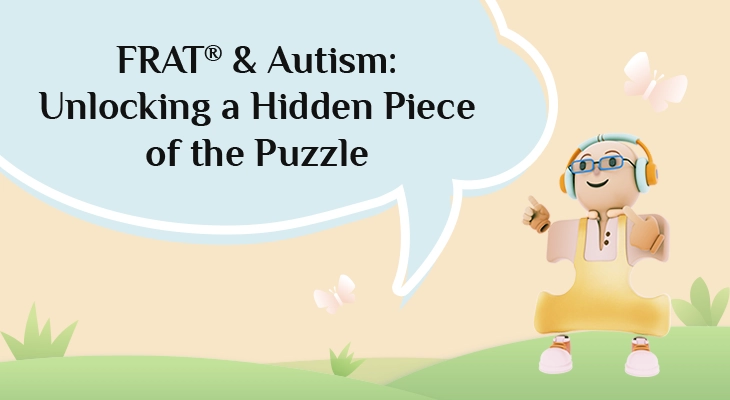
The prenatal diet, fetal health and connection to Autism
The rate of Autism has grown significantly in the past decade. It is estimated that approximately 1-2% of the general population is diagnosed with autism spectrum disorder (ASD).
It is well known that dietary patterns during pregnancy significantly impact the growing fetus. Whether such dietary patterns affect fetal development and contribute as a risk factor in developing Autism has not been thoroughly investigated. Various studies have focused on one or more specific nutrients or foods such as vitamin D, multivitamins, folic acid (Vitamin B9), or fish intake, but there are no comprehensive studies on dietary patterns collectively.
A recent prospective study published in JAMA Network Open analyzed the impact of eating habits during pregnancy and the risk of childhood autism. The study analyzed data from the Norwegian Mother, Father, and Child Cohort Study (MoBa) and Avon Longitudinal Study of Parents and Children (ALSPAC) conducted in Norway and Southwest England, respectively. Study participants were recruited between 2002-2008 and 1990-1992 for the MoBa and ALSPAC cohorts, which comprised 84,548 and 11,760 pregnant women.
All study participants had single pregnancies, and their food habits were assessed using food frequency questionnaires. The children born to these mothers were monitored until they were eight years old.
Mothers were stratified according to their adherence to a healthy diet pattern into low, medium, and high adherence groups. A healthy prenatal dietary pattern was defined as one that includes fruits, vegetables, nuts, whole grains, and fish. Lower adherence to a healthy diet was identified as consuming foods higher in fat and refined sugar.
Results of the Study:
Mothers with high adherence to a healthy diet had children who were at a reduced risk of autism as compared to those with low adherence. Overall, mothers who followed a healthy diet during pregnancy had a higher mean level of education, were older, nonsmokers, and had typically used prenatal vitamins during pregnancy.
In the MoBa cohort, a follow-up at three years showed a 24% reduction in the risk of social communication difficulties among children born to the high adherence cohort as compared to those born to the lowest adherence cohort. For the ALSPAC cohort, follow-up at eight years showed a similar reduction in risk.
The risk of having a child diagnosed with autism or who exhibits difficulties with social communication was lower among mothers who consumed a healthy prenatal diet.
Consequently, a healthy diet during pregnancy can lower the risk of childhood autism through several mechanisms:
1. Nutrient Support for Brain Development:
- Folic Acid: Essential for neural tube development, folic acid has been linked to a reduced risk of autism. Studies show that adequate folic acid intake, especially in the first trimester, supports proper brain development.
- Omega-3 Fatty Acids: These are critical for brain development. A diet rich in omega-3s (found in fish, nuts, and seeds) can support the growth and function of neurons, potentially reducing the risk of autism.
- Vitamins and Minerals: Vitamins like D and B12, and minerals like iron and zinc, play key roles in brain development. Deficiencies in these nutrients during pregnancy have been associated with an increased risk of developmental disorders, including autism.
2. Reduced Inflammation:
- A diet high in fruits, vegetables, whole grains, and healthy fats can reduce inflammation. Chronic inflammation during pregnancy is linked to developmental issues, including autism. Anti-inflammatory foods can mitigate this risk.
3. Gut Health:
- A balanced diet supports a healthy gut microbiome. Emerging research suggests that the mother’s gut health can influence the baby’s brain development and immune system, which may be linked to autism risk.
4. Lowering Exposure to Harmful Substances:
- A healthy diet minimizes the intake of harmful substances like processed foods, excess sugars, and unhealthy fats, which can negatively impact fetal brain development.
5. Overall Health and Well-being:
- A healthy diet contributes to the overall well-being of the mother, reducing the risk of complications like gestational diabetes or preeclampsia, which have been associated with a higher risk of autism in children.
While diet is just one factor, maintaining a healthy diet during pregnancy can be a protective measure to support optimal brain development and potentially lower the risk of autism in children.



